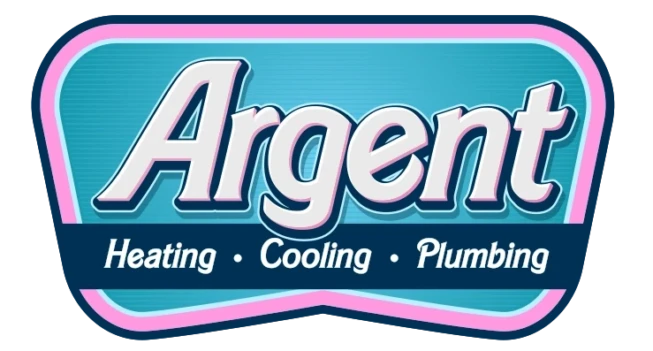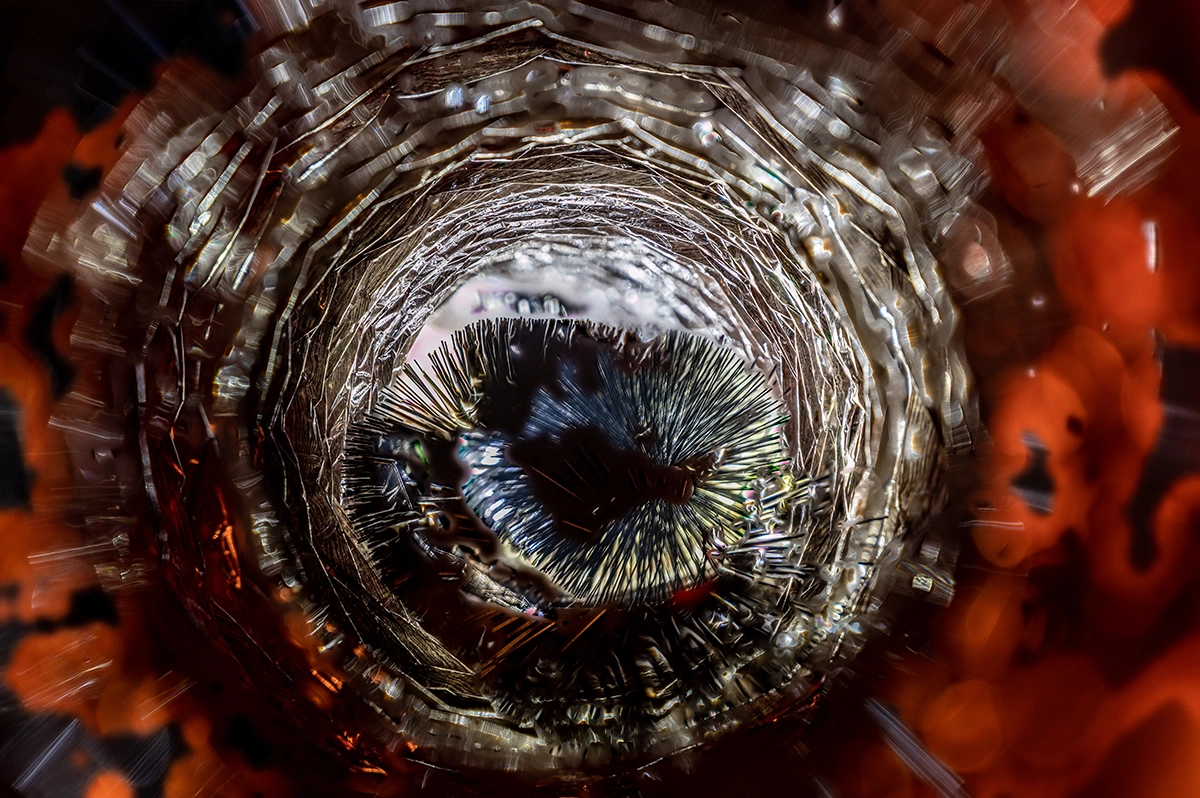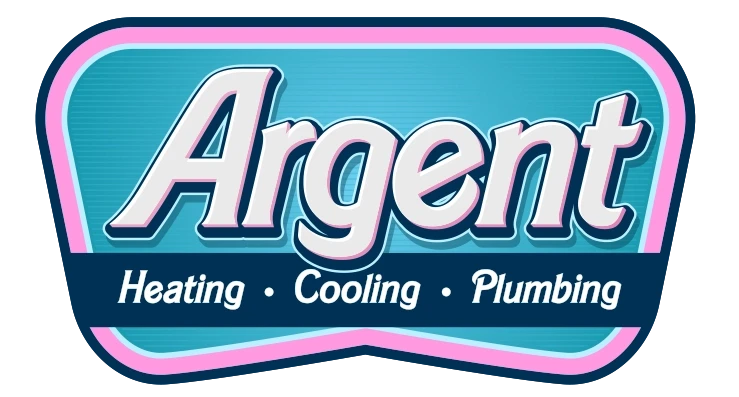by Rachel Helft
Share
by Rachel Helft
Share

Most homes stay warm through either a heat pump or forced-air system heating system. But how do the two differ, and which is better? Like most home improvement decisions, the answer depends on you and your home’s needs. So, let’s compare the advantages, disadvantages, and costs of heat pumps and forced-air systems so you can determine your best option. If you’re looking for heat pump repair services, turn to your local heating and cooling provider for help.
Argent Heating & Cooling’s technicians offer the best service options of all providers in the Washington, DC, Metro area. With 30+ years of experience and 55,000+ clients served, you can rely on Argent to care for your home, HVAC system, and all other appliances. Call us at (703) 281-6300 or schedule a service call today.
Below, we outline the differences between heat pumps and forced air systems:
Heat Pumps

All heat pump system types supply your home with hot and cool air by drawing from the outdoor air. During the summer, heat pumps expel warm air from your home to make it cooler; in the winter, they take advantage of any outdoor warmth and circulate it inside accordingly.
Note, however, that the outside air’s temperature has a significant impact on heat pumps. In other words, when the outside temperature is cold (0 degrees Celsius or lower), or at least radically different from your desired interior temperature, energy efficiency will be lower.
Advantages:
- Efficient and effective in temperate climates
- Functions as both a heating and cooling device in temperate settings
- Minimal safety issues during a malfunction
Disadvantages:
- Not suitable for excessively cold or hot regions
- Vulnerable to frost damage
- Requires excessive energy to maintain the ideal temperature when outdoor temperatures fluctuate.
Cost: The annual operating costs for a heat pump normally fall within the region of $800-$900 for particularly efficient versions. Yet the size of your home and how well your heat pump distributes air and regulates temperature will determine the ultimate price.
Forced-Air Systems
Forced-air furnaces are one of the most common heating systems available. Simply put, a forced-air furnace distributes heat through air vents in a home using a flame and oil, gas, or another conduit. The air then returns to the furnace and is re-warmed.
This type of heating system works well in cold areas because it does not rely on outside air. Thus, the system can produce heat in a shorter amount of time and with less energy than a heat pump. In climates that experience less than 0 degrees Celsius, a forced-air furnace would work better than a heat pump.
Advantages:
- Works with a variety of energy sources, including gas, electric, propane, and diesel
- Advanced, modern models offer great efficiency
- Not reliant on external air and climate
- More cost-effective to maintain/repair than heat pumps
Disadvantages:
- No cooling system
- Reliant on market-priced energy sources
Cost: The ultimate cost of running a forced-air furnace depends on the market’s price for your chosen energy source (such as propane, natural gas, electric, or oil). While it will vary depending on where you live, the following estimates offer typical costs for different energy sources during a winter:
- Propane: around $1,500 to $1,600
- Natural gas: around $800 to $900
- Electric resistance: around $850 to $950
- Oil: around $800 to $850
Also note that, in terms of market prices, electricity is the most stable of the energy sources.
Argent Heating & Cooling: Expert Heat Pump Repair in the Washington, DC, Metro Area
The professionals at Argent Heating & Cooling are experts in heat pump repair, maintenance, and installation. We understand the hassle that HVAC and other home maintenance can pose, so we make it our priority to get to scheduled appointments quickly and complete tasks correctly. You need not put up with a defective HVAC system. Call us today at (703) 281-6300 or fill out an online form.
STAY IN THE LOOP
Subscribe to our free newsletter.
Leave A Comment
As temperatures rise, the last thing you want is your air conditioner acting up, especially when it starts freezing. Yes, it’s possible for your AC to get too
When summer hits Fairfax, VA, a properly functioning air conditioner is not just a luxury; it’s a necessity. However, what do you do when your air conditioning unit
As homeowners or property managers, one of the primary concerns we often face is determining the longevity of our air conditioning systems. “How long do AC units last?”
As the flowers bloom and the trees regain their leaves, many of us welcome spring with open arms. However, for allergy sufferers, this season can be less about





